On May, 17th, 2019, Taiwan marked a milestone in promoting LGBTQ+ rights by legalizing same-sex marriage.
International news coverage appeared on the BBC and CNN – both agencies sending teams to Taiwan to broadcast the groundbreaking event.
Subsequently, Taiwan became known as the first Asian country to offer marriage license to same-sex couples.
A year after the legalization of same-sex marriage, President Tsai, long considered a pro-marriage equality leader, took to Facebook to celebrate the anniversary of said legalization.
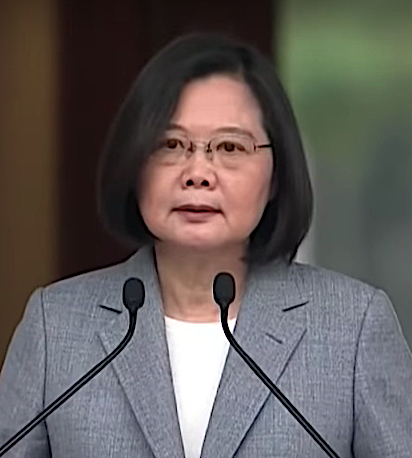
“Today is the first anniversary of Taiwan’s legalization of same-sex marriage” she wrote.
“A year has passed, and we’re still protecting our social values. We are making Taiwan a more friendly space that allows people to embrace their love.”
As president of Taiwan, Tsai said that throughout the last year many same-sex spouses have asked for messages of congratulation from the Office of the President.
Instead of using the term “bride and groom,” Tsai said she opts for “newly-wed couple” in her messages.
“We’re all looking forward to a more open-minded and diverse society” the president said.
At the same time, Premier Su Tseng-chang posted a video showing how he tried to persuade DPP legislators to pass the law a year ago “We were being brave enough to do such a right thing at the time, so that we are now able to show the world Taiwan is a country that we are all proud of,” said the Taiwanese premier.
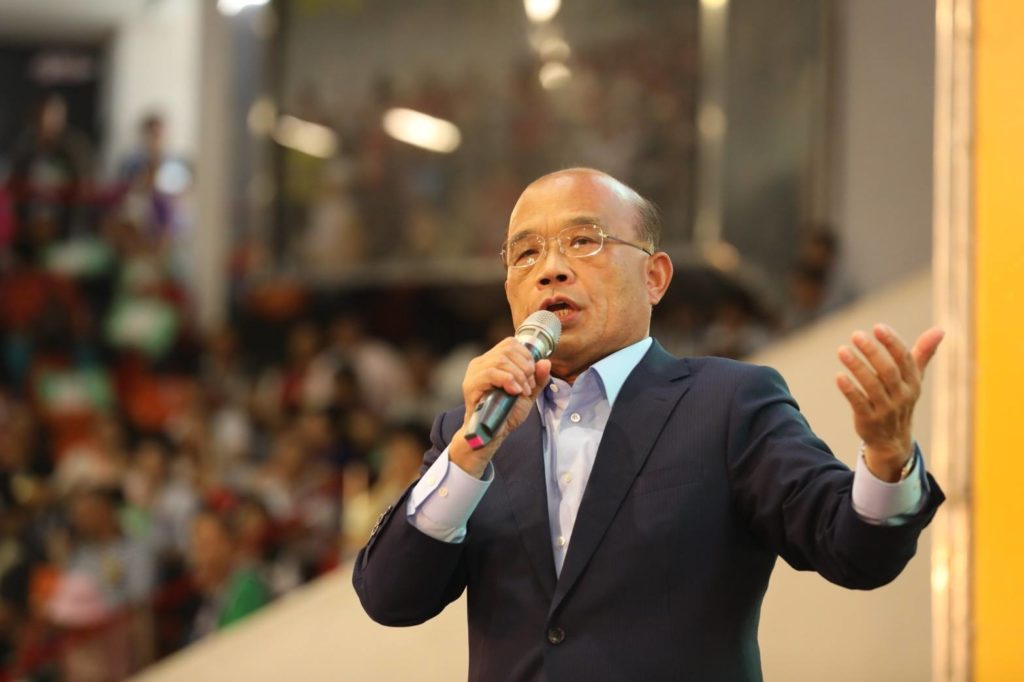
As the Taiwanese people are celebrating this special day, issues surrounding the law of same-sex marriage are on the rise once more, however.
The Taiwan Times notes some of the most critical of these issues regarding the rights of the wider LGBTQ+ community and same-sex spouses:
Acceptance by the people
According to Gender Equality Committee of the Executive Yuan, more than 50% of the Taiwanese people are in favor of same-sex marriage in this year’s poll.
Compared to 2019, these statistics show the approval rating of same-sex marriage has jumped 15 percentage points.
As for the issue of ‘family institutions’, more than 50% of Taiwanese people also agree that same-sex marriage does not deteriorate family ethics.
Compared to this time last year, it is clear the Taiwanese people now are gradually accepting the marital rights of same-sex couples.
Furthermore statistics from Taiwan’s Ministry of the Interior (MOI) show there have been over 4000 registered same-sex marriages registered since the legalization.
2773 of these cases (69%) are female couples, with only 1248 male couples choosing to register their marriages in Taiwan.
Despite the fact that female couples appear more willing to get married, this figure is not reflected in the case of transnational same-sex marriages.
In Taiwan, more than 80% of transnational same-sex spouses are male couples.
The main cause for such a huge difference in this numbers is unknown, but further observation and research into this area, as has been suggested by MOI, will take place.
Marriage equality: not if you are foreign
As many of the same-sex couples are celebrating Taiwan’s progressive legislative move, some cast doubt on whether or not the law truly conveys the message of “marriage equality.”
In Taiwan, transnational same-sex marriage requires couples to be from countries that both legally recognize same-sex marriage.
Nationality becomes a barrier for those from nations not recognising same-sex unions.
Indeed, of the 28 nations that have legalized same-sex marriage, Taiwan is the only one to actually have limits on transnational same-sex marriage.
The Taiwan Alliance to Promote Civil Partnership Rights (TAPCPR), a Taiwan-based nonprofit organization dedicated to LGBTQ+ rights, points out that “marriage equality” should guarantee same-sex couples from everywhere their rights to marriage.
Starting from May 9th, the organization has held parades in seven cities fighting for transnational same-sex marriage.
The organization hopes to mitigate people’s suspicion toward the subject, at the same time sparking more discussions on the issue.
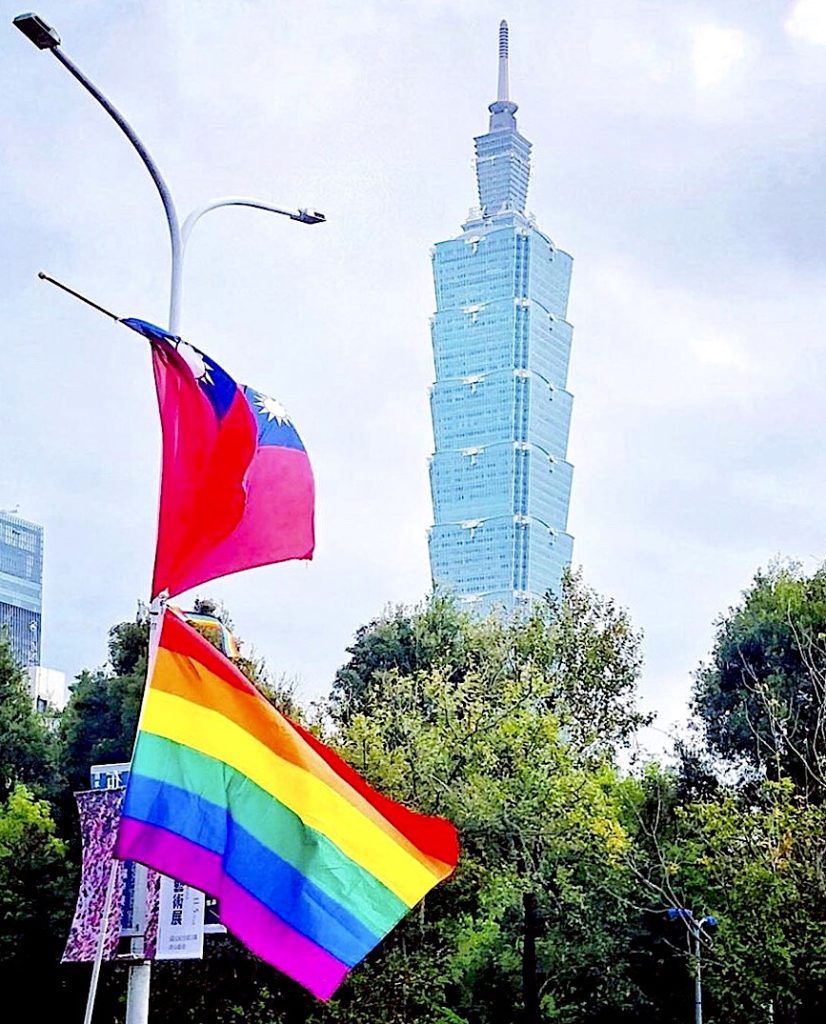
Adoption and surrogacy
Following the passing of the same-sex marriage law, some members of the LGBTQ+ community are also looking forward to more “equalities,” with regards to LGBTQ+ adoption, as well as surrogacy.
According to the law, same-sex couples can at present only adopt their spouse’s biological kids, meaning they cannot adopt a child together even if they are married.
“Adoption hasn’t been covered by the same-sex marriage act so far,” said Li Rui-ping, the secretary-general of Taiwan LGBT Rights Advocacy (TLRA).
Li further indicated that the parental issues such as adoption, artificial fertilization, and surrogacy are all neglected in the law.
As the TAPCPR contends, at the end of 2018, Taiwan’s referendum results show that people at that time were not overly welcoming of the LGBTQ+ community, thereby forcing lawmakers to compromise.
While on the one hand the law now promises same-sex couples a marriage license, on the other it ignores important parental issues.
Discrimination continues
Since the same-sex marriage law is not included in the Civil Code following the 2018, referendum, it is often argued that there is still discrimination against the LGBTQ+ community in Taiwanese society.
The problems of “inequality” that same-sex couples are still suffering remain.
As TLRA secretary-general Li indicates, all the remaining issues regarding same-sex marriage might be fixed if Taiwan puts the law under the Civil Code.
This will also demonstrate the meaningful and “substantive equality” of the LGBTQ+ community.
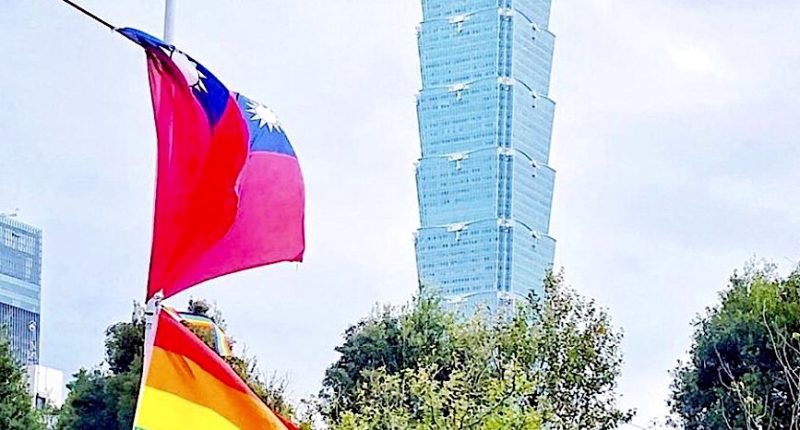

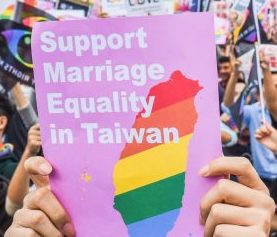
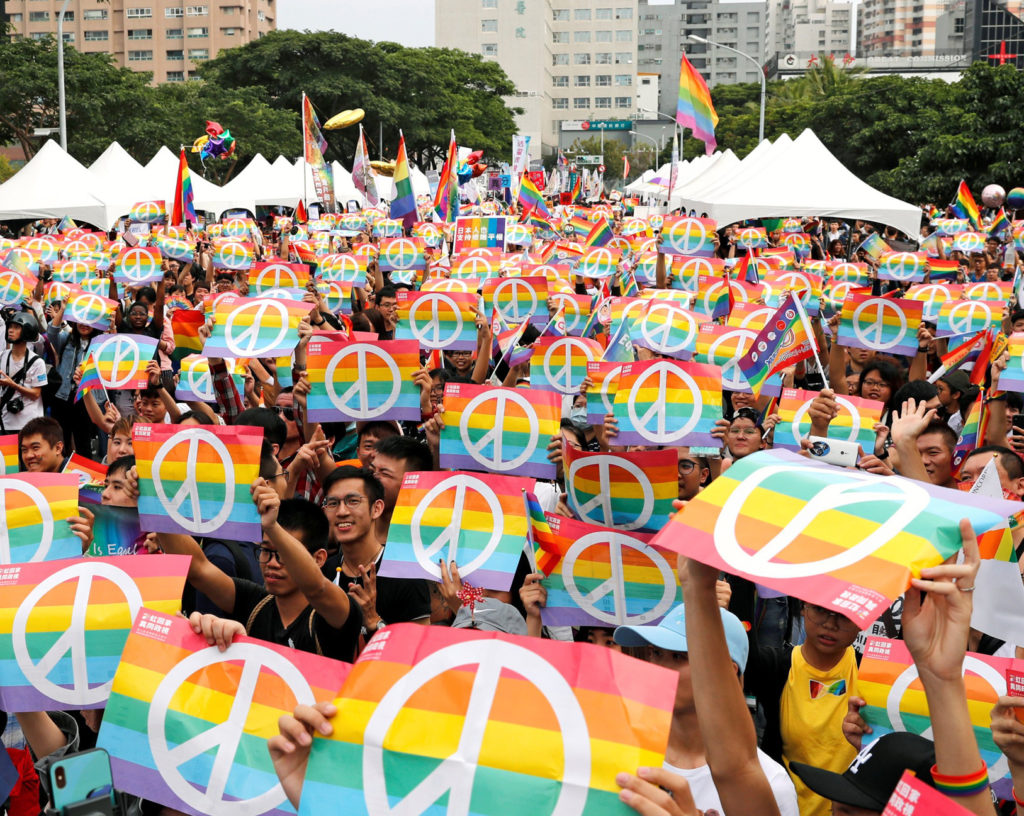








Comments are closed.